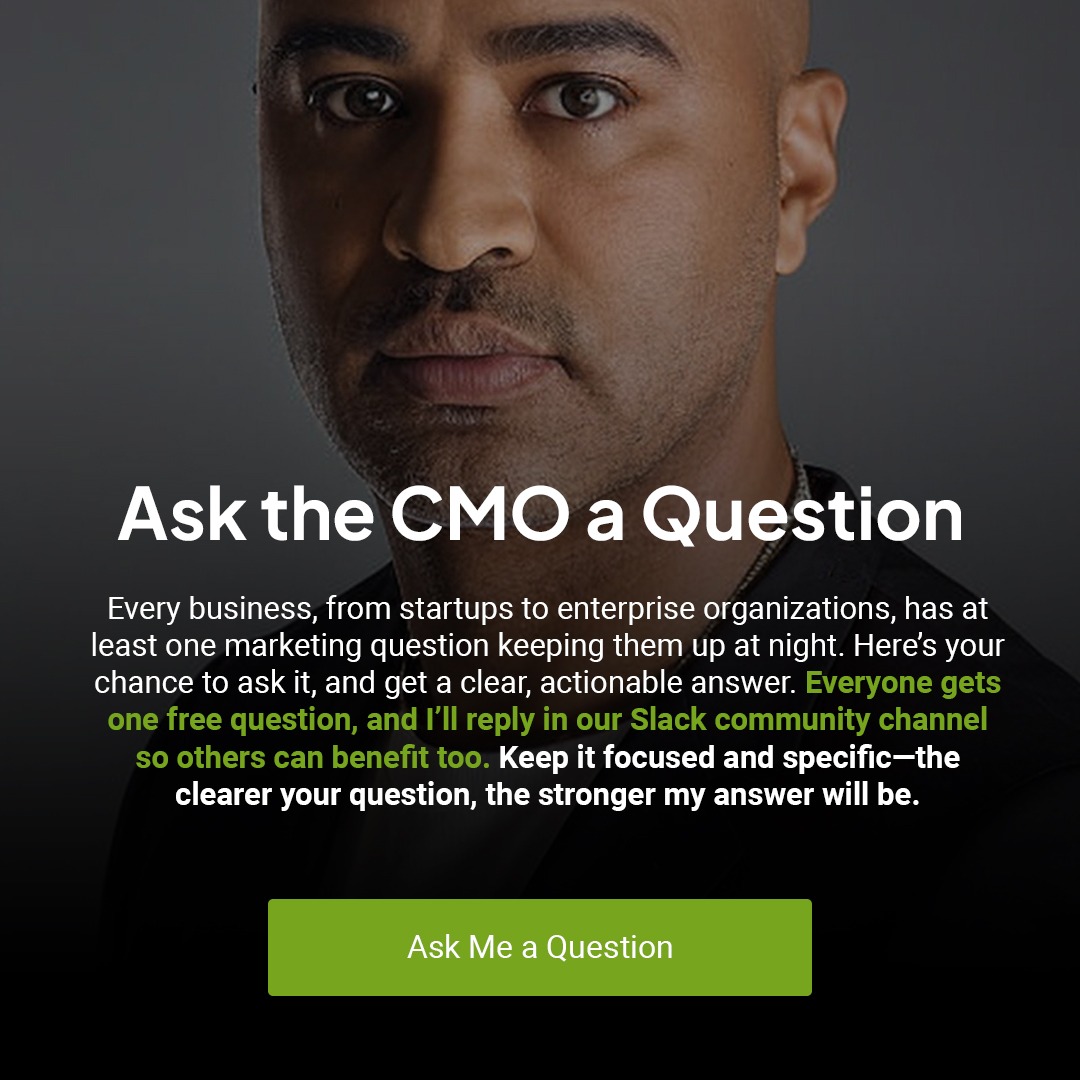Traditionally, business-to-business (B2B) marketing has focused heavily on formal, professional interactions and structured sales cycles. But consumer expectations have shifted drastically due to the rise of direct-to-consumer (D2C) brands, setting new standards for customer engagement and experience.
Today’s B2B customers, influenced by their personal buying experiences, expect similar ease, personalization, and connection in their professional interactions. B2B companies can no longer afford to ignore the consumer-inspired tactics reshaping marketing and customer relations across every sector.
Personalization: Not Just for Consumers Anymore
Personalization has long been a hallmark of successful D2C brands like Netflix, Amazon, and Spotify, which utilize deep analytics to deliver uniquely tailored experiences. In contrast, B2B marketing relies heavily on broad segmentation that overlooks individual preferences and behaviors.
To close this gap, B2B companies should leverage data to deliver highly targeted, personalized messaging and offers. For example, sending relevant industry-specific insights to individual decision-makers shows understanding and consideration, significantly enhancing customer relationships.
Storytelling: Bringing Emotion into the B2B Equation
D2C brands have mastered the art of storytelling, using emotional narratives to build loyalty and connection. Brands like Patagonia and Nike don’t simply promote products—they tell compelling stories about sustainability, aspiration, and identity. This emotional connection is often missing in traditional B2B communication, where messaging can become overly technical or impersonal.
B2B companies can improve by focusing on relatable, human-centric storytelling that highlights real customer success stories, shared values, and genuine outcomes rather than product specs alone. IBM, for example, has effectively shifted its marketing to human-centered stories that resonate far beyond the typical corporate narrative.
Digital Agility: Responding Quickly to Changing Needs
D2C brands thrive on digital agility, rapidly adapting strategies based on real-time data and market feedback. In contrast, B2B marketing has traditionally been slower-moving, often weighed down by complex processes and long planning cycles.
However, recent global events and market disruptions have underscored the need for B2B companies to adopt quicker, more agile marketing practices. Embracing digital-first strategies—like content marketing, agile campaign testing, and iterative experimentation—enables B2B marketers to react swiftly, staying relevant and effective amid changing customer expectations.
Transparency and Trust: The D2C Advantage
Another powerful lesson B2B marketers can take from the D2C playbook is the importance of transparency and authenticity. Modern consumers demand openness, ethical business practices, and genuine interactions—factors D2C brands often emphasize through transparent communication and socially responsible messaging.
In the B2B space, transparent communication about pricing, product capabilities, limitations, and honest customer feedback strengthens trust and fosters long-term relationships. Salesforce’s transparent pricing models and customer reviews are great examples of this principle in action.
Successful D2C-to-B2B Marketing Examples
One notable example of a B2B company adopting D2C-style marketing is Mailchimp. Originally focused on small businesses, Mailchimp built its success through consumer-friendly messaging, clear pricing, and personalized experiences. These strategies allowed Mailchimp to scale effectively into larger business segments without losing its approachable identity.
Similarly, Adobe Creative Cloud successfully transitioned from a traditional B2B software model to a subscription-based model with a strong consumer-friendly marketing approach. Adobe used personalized marketing, content-driven engagement, and community-building to significantly reshape perceptions and expand its reach.
Common Mistakes to Avoid in Applying D2C Tactics to B2B
Adopting D2C strategies isn’t always straightforward. B2B marketers must be cautious not to oversimplify their messaging or ignore the complexity of the B2B buying process. D2C-inspired marketing should enhance, not replace, the depth and detail required in B2B interactions.
Additionally, authenticity is crucial. B2B audiences can quickly detect forced or superficial attempts at consumer-style marketing. Any shift toward D2C-inspired marketing must align with company values and deliver real customer value.
Practical Steps to Incorporate D2C Tactics into B2B Marketing
To effectively integrate these insights, B2B marketers should start small and scale:
- Identify specific aspects of the customer experience where personalization and storytelling could add real value.
- Begin testing agile marketing methods—quick cycles of testing and optimization—to rapidly understand what resonates best.
- Foster cross-department collaboration, aligning sales, marketing, and customer service around clear, customer-focused storytelling.
By gradually introducing these strategies, B2B companies can adapt effectively without overwhelming their traditional approaches.
Conclusion: Embracing the Best of Both Worlds
Adopting elements of direct-to-consumer marketing isn’t about becoming consumer brands overnight; it’s about understanding and integrating the most effective elements to improve B2B marketing effectiveness. Personalization, storytelling, agility, and transparency aren’t limited to the consumer space—they’re universal elements of strong, meaningful relationships. B2B companies that embrace these principles can deepen their connections, differentiate their offerings, and significantly enhance their marketing effectiveness, ensuring they’re well-positioned in a market increasingly influenced by consumer expectations.
Keep Reading
Want more? Here are some other blog posts you might be interested in.
You still need SEO. You still need demand gen. You still need a site that converts. None of that went away. ...
An unusual trend has crept into agency life: more small and midsize business clients seem to treat paying invoices as optional. ...
2026 is not a year for polite forecasts. The mechanics of growth keep changing, and the margin for sloppy thinking keeps ...
For founders and growing companies
Get all the tips, stories and resources you didn’t know you needed – straight to your email!




